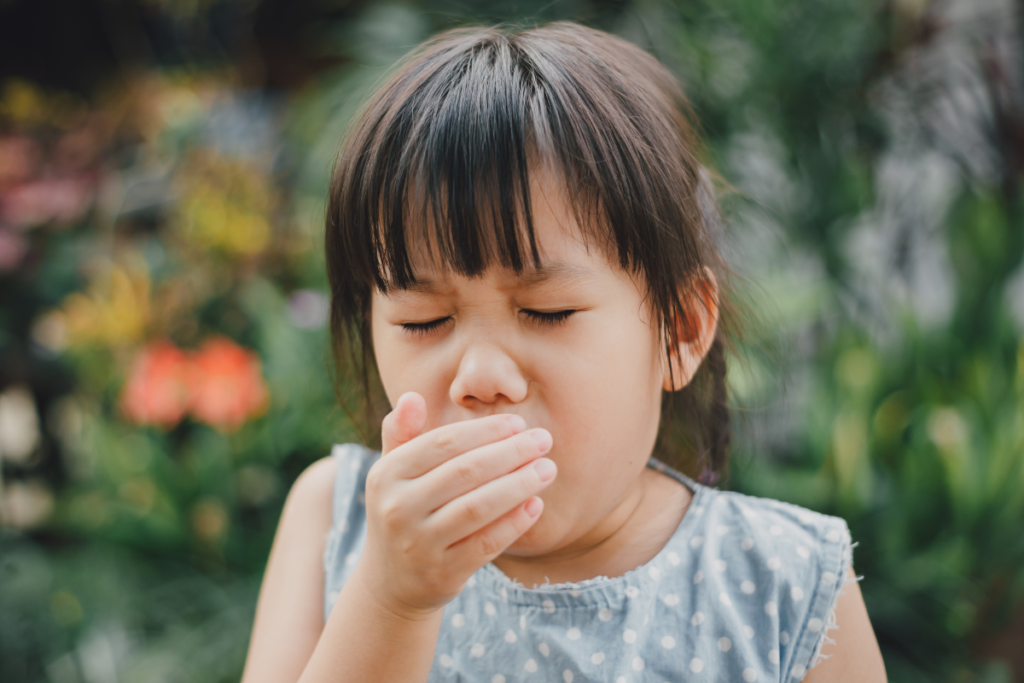Children are more prone to allergies because their immune systems are not strong enough, and they attract more allergens than adults. Therefore, parents must be very careful of their safety and should know about the symptoms and potential triggers. In this article, we’ll discuss treatment options and management through the story of Rohan, who developed allergic rhinitis at six.
Patient Story: While Rohan enjoyed being outside, his parents observed that he had a runny nose and sneezed a lot while playing in the grass. He developed more severe problems in the spring, so they sought a paediatrician’s assistance.
Symptoms:
● Sneezing and Nasal Congestion: Stuffy/runny nose, breathing through the mouth, clear drainage from the nose.
● Itchy Eyes: red, itchy, and watery eyes, itching in the nose, palate, and throat.
● Skin Reactions: Rashes, hives, or eczema flare-ups due to allergens.
Diagnosis:
- Medical History Review: Discuss the child’s symptoms, family history of allergies, and potential triggers.
- Physical Examination: Evaluating the child’s physical condition and symptoms.
- Allergy Testing: Blood or skin prick tests may be conducted to identify specific allergens.
Treatment Options:
Managing allergies typically involves:
- Avoidance of Triggers: Identifying and minimising exposure to known allergens.
- Medications: Antihistamines, decongestants, and nasal corticosteroids can help relieve symptoms.
- Immunotherapy: allergy shots or sublingual tablets for long-term management of allergies.
Creating an allergy management plan:
An allergy management plan is essential for children with allergies and includes:
- Daily Management: Strategies for avoiding allergens and taking medications as prescribed.
- Emergency Instructions: Steps to take in case of severe allergic reactions, including using an epinephrine auto-injector for food allergies.
FAQs
What causes allergies in children?
Various factors, including pollen, dust mites, pet dander, and certain foods, can trigger allergies.
Can children outgrow their allergies?
Some children may outgrow specific allergies, but others may persist into adulthood.
How can I help my child avoid allergens?
Keep the home environment clean, use air purifiers, and create a smoke-free environment to reduce exposure.
Disclaimer:
This information is not intended to replace professional medical advice. Always consult a healthcare provider for diagnosis and treatment options.
How HealthPil Can Help:
HealthPil connects you with specialists who can effectively provide personalised care and support for managing your child’s allergies.

